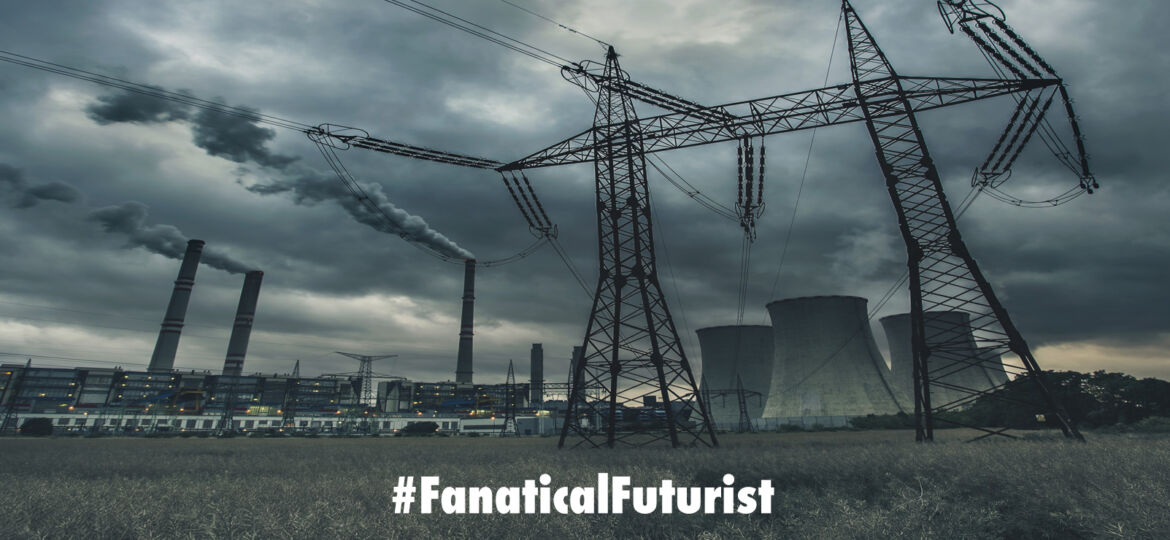
WHY THIS MATTERS IN BRIEF
In the future physical power plants are relics of history, and they’re virtual.
 Love the Exponential Future? Join our XPotential Community, future proof yourself with courses from XPotential University, connect, watch a keynote, or browse my blog.
Love the Exponential Future? Join our XPotential Community, future proof yourself with courses from XPotential University, connect, watch a keynote, or browse my blog.
Why bother building an actual physical power plant when you can just aggregate together a bunch of smaller micro energy generating systems, like solar panels, into one giant Virtual Power Plant (VPP)? The answer – you don’t need to, as California opted to do a while ago when they decided to do just this and avoid having to fund three real coal fired power plants.
Now, for its latest act Tesla has released details of its own ambitious VPP project in California, and in a controversial move they’ve confirmed that Tesla and Powerwall owners won’t get any share of the profits for their troubles even though Tesla will be using their vehicles and Powerwalls to make the project happen …
The reason for this is because the company’s presenting the project, at least at first, as a “public good.”
Learn more about the Future of Energy 2050, by Keynote Matthew Griffin
California’s grid is expected to have an exceptionally difficult few months, with record high temperature increasing energy demand on the grid and a significant drought affecting hydropower plants. So, naturally, Tesla wants to leverage its big footprint of Powerwall owners in California to discharge some of the excess energy in the home battery pack to help the grid when needed.
On its support page Tesla explained how the initiative will work once the owners have signed up: “A few hours prior to an event, you will receive a push notification informing you of event times. Depending on the forecasted severity of the event, your Powerwall may prioritize charging from your solar system in advance of the event to help shift your home’s grid use to earlier in the day. If Powerwall fully charges before an event, your solar system will resume powering your home and export any excess power to the grid.”
Tesla also showed an example of an event notification: “When the event begins, you will receive a push notification reminding you of the event end time, and your Powerwall will begin discharging [electricity] to support and boost the grid. Your Powerwall will discharge until the event ends, or when it discharges to your selected backup reserve level. No action is required on your part to participate in the event, but you may raise or lower your backup reserve level at any time during the event.”
Tesla says that the program is available to Powerwall owners in California who are clients of PG&E, SDG&E, and SCE, and in order to sign up, you need to have the latest Tesla app software.
Tesla confirmed that the VPP will not result in compensation for grid services to Tesla or customers: “As of launch, the Tesla Virtual Power Plant is a public good program to support the California grid, and there is no compensation for Tesla or customers. While customer compensation for this program is a possibility in the future, in the meantime customers are encouraged to participate in the program and mobilize the excess capacity of their Powerwall systems.”
However, customers on net metering programs will still get compensated for power sent back to the grid as they normally would so it’s not all bleak news on the money front.
















